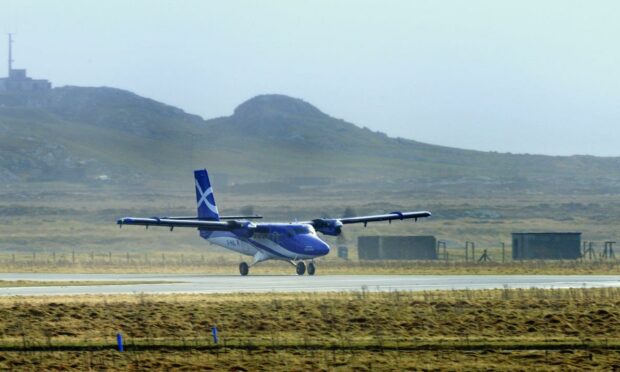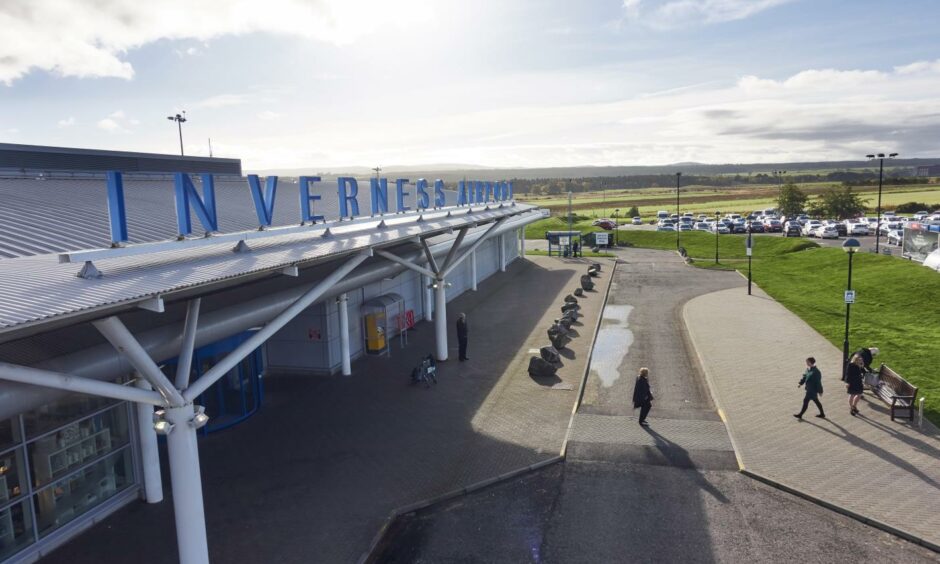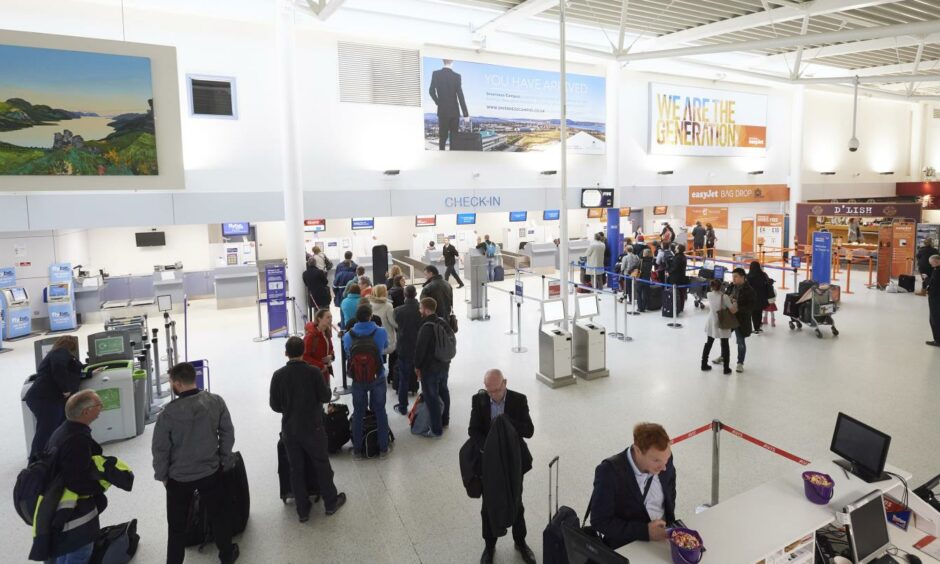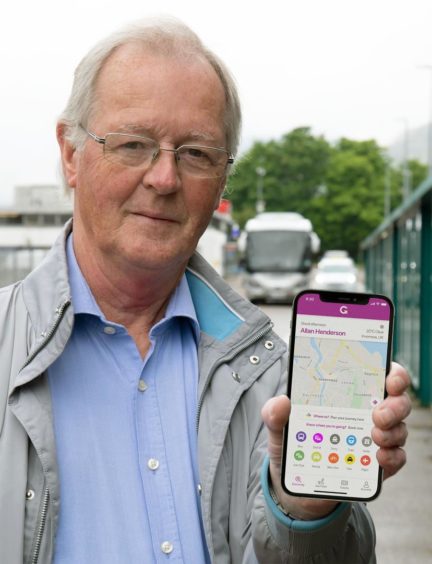The Scottish Government needs to provide “sustained investment” to improve air services in the Highlands and Islands, according to the north’s aviation bodies.
Highlands and Islands Airports Ltd (Hial) and regional transport partnership Hitrans say air connectivity is essential for lifeline services and supporting the region’s economy.
They say there are excellent opportunities for aviation to deliver improved sustainable low carbon connectivity with the right investment and governance.
The pair have drawn up an action plan which they believe will remedy the situation.
Priority routes to key hub airports
The plan, which includes the views of local councils, is in response to a Transport Scotland aviation strategy consultation.
It says priority routes for both UK and international connectivity are to the key hub airports of Heathrow, Gatwick, Amsterdam and Manchester.
Hial and Hitrans wants at least two daily, and preferably three daily, services to Heathrow, possibly secured via a Public Service Obligation (PSO).
The issue was raised this month to MPs.
Hitrans chairman Allan Henderson and Hial managing director Inglis Lyon say air links form an essential, often lifeline, part of the transport network in the Highlands and Islands.
A statement in the plan said: “All domestic air services either depart or land at an airport in the Highlands and Islands.
“They provide these locations with the only air connectivity that enables these areas to compete economically with other regions of Scotland.”
The plans says air links often provide access to essential services, including health and education, as well as delivering centrally-located services to islands and remote communities.
“To achieve both the ambitious transition to net zero and fully realise the opportunities that transition can provide through improved connectivity and benefits to local supply chains, sustained investment is required from the Scottish Government.
“In particular to support the development of these new technologies and the associated infrastructure required to support them.”
Hitrans and Hial welcome a collaborative objective-led review of all current support mechanisms.
Minimum level of service should be established
They say this should include PSOs, the Air Discount Scheme and wider funding and infrastructure.
“The starting point of this review should be to establish a minimum level of service to ensure the connectivity needed to support sustainable local economies and a fairer and more just Scotland.”
Mr Henderson and Mr Lyon say surface transport to all UK airports is currently founded on models which incentivise private car use.
This includes a reliance on car parking revenue at airports and the promotion by airlines of fly-and-drive over public transport.
They say an extensive overhaul of existing policy and regulation is needed to meet net zero targets and sustainable travel.
The Hial/Hitrans plan calls for significant investment from the Scottish Government over the next five to 10 years to realise a commitment for the Highlands and Islands to become the first net zero aviation region by 2040.
It includes backing for programmes like the Sustainable Aviation Test Environment (SATE) project in which Hial, Hitrans and Orkney Islands Council are partners.
SATE aims to create the UK’s first operationally-based, low-carbon aviation test centre at Kirkwall Airport.
It will trial technologies including low-carbon aircraft that use electric, hydrogen or synthetic fuel to replace conventional fossil fuels.
It will also test drones and demonstrate how they can be used to deliver goods such as medical supplies to hospitals.
Improved and affordable connectivity
“Investing in work of the SATE project and similar innovative trials will help ensure that we can deliver improved and affordable connectivity for the region”, the plan says.
“But also that the opportunities for research and development supporting the transition to alternatively fuelled aircraft can provide wider economic benefits to the region.
“This can only be realised by the government playing a leading role in the support and coordination of this innovative work.”



